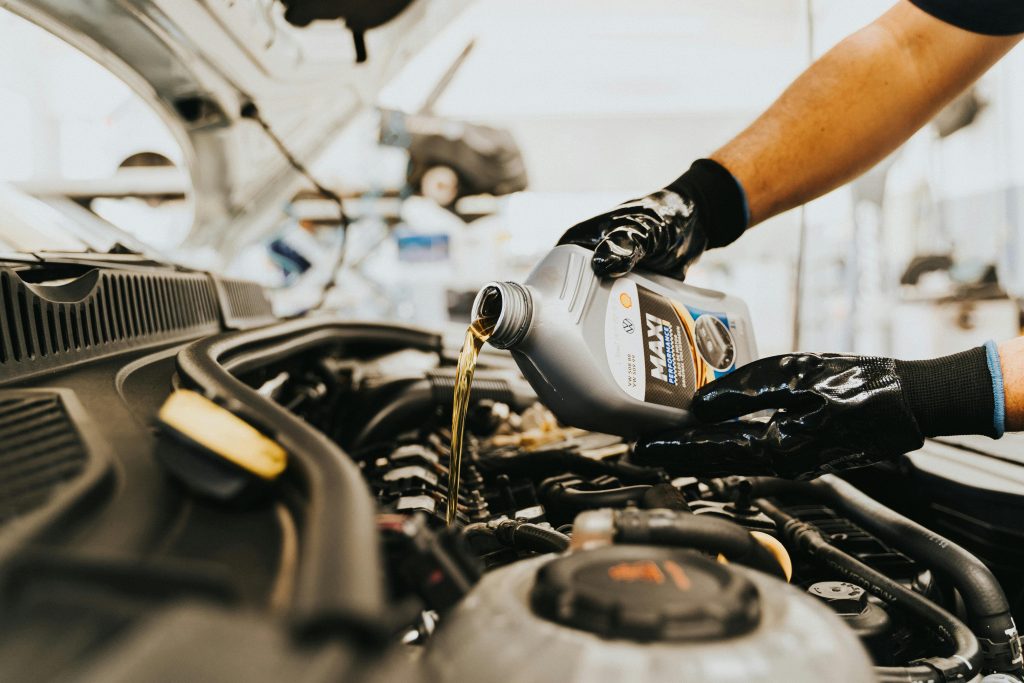
Introduction:
Regular car engine oil changes are crucial maintenance tasks that directly impact the health and performance of your vehicle’s engine. Engine oil serves as the lifeblood of your car’s engine, providing lubrication, heat dissipation, and contaminant removal to ensure smooth and efficient operation. In this comprehensive guide, we’ll delve into the importance of regular car engine oil changes, the benefits they offer for engine health and performance, and why they should be a priority for every car owner.
Understanding the Significance of Regular Car Engine Oil Changes:
To comprehend the importance of regular car engine oil changes, let’s break down the key functions that engine oil performs and how they contribute to overall engine health and performance:
1. Lubrication:
Engine oil lubricates moving parts within the engine, such as pistons, crankshafts, and camshafts. This lubrication reduces friction between metal surfaces, preventing wear and tear and ensuring smooth operation.
2. Heat Dissipation:
Engine oil helps dissipate heat generated during engine operation. By carrying away heat from critical engine components, such as the cylinder walls and bearings, engine oil prevents overheating and thermal damage.
3. Contaminant Removal:
Engine oil acts as a cleaning agent, capturing dirt, debris, and combustion by-products that can accumulate within the engine. Regular oil changes remove old, contaminated oil and replace it with fresh, clean oil, ensuring optimal engine cleanliness and performance.
4. Seal Conditioning:
Engine oil helps condition and maintain the seals and gaskets within the engine, preventing leaks and ensuring a proper seal between engine components. This seal conditioning reduces the risk of oil leaks and potential engine damage.
The Benefits of Regular Car Engine Oil Changes:
Now that we’ve established the critical functions of engine oil, let’s explore the benefits that regular car engine oil changes offer for engine health and performance:
1. Improved Engine Performance:
Regular oil changes help maintain optimal engine performance by ensuring proper lubrication, heat dissipation, and contaminant removal. A well-lubricated engine operates more efficiently, delivering smoother acceleration, better fuel economy, and overall improved performance.
2. Extended Engine Lifespan:
By reducing friction, preventing overheating, and removing contaminants, regular oil changes help extend the lifespan of your car’s engine. A well-maintained engine is less prone to premature wear and tear, resulting in fewer breakdowns and costly repairs over time.
3. Enhanced Fuel Efficiency:
A properly lubricated engine operates more efficiently, requiring less energy to overcome friction and power the vehicle. As a result, regular oil changes can lead to improved fuel efficiency, saving you money on fuel costs in the long run.
4. Reduced Environmental Impact:
Regular oil changes help reduce harmful emissions by ensuring that the engine operates efficiently and cleanly. Properly maintained engines produce fewer pollutants, contributing to a cleaner environment and reducing your carbon footprint.
Conclusion:
Regular car engine oil changes are essential for maintaining the health and performance of your vehicle’s engine. By ensuring proper lubrication, heat dissipation, and contaminant removal, regular oil changes help improve engine performance, extend engine lifespan, enhance fuel efficiency, and reduce environmental impact. Make sure to adhere to your vehicle manufacturer’s recommended oil change intervals to keep your engine running smoothly for years to come. Remember, investing in regular car engine oil changes is an investment in the longevity and reliability of your vehicle.





